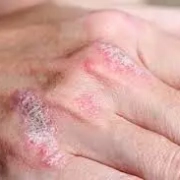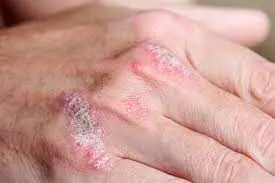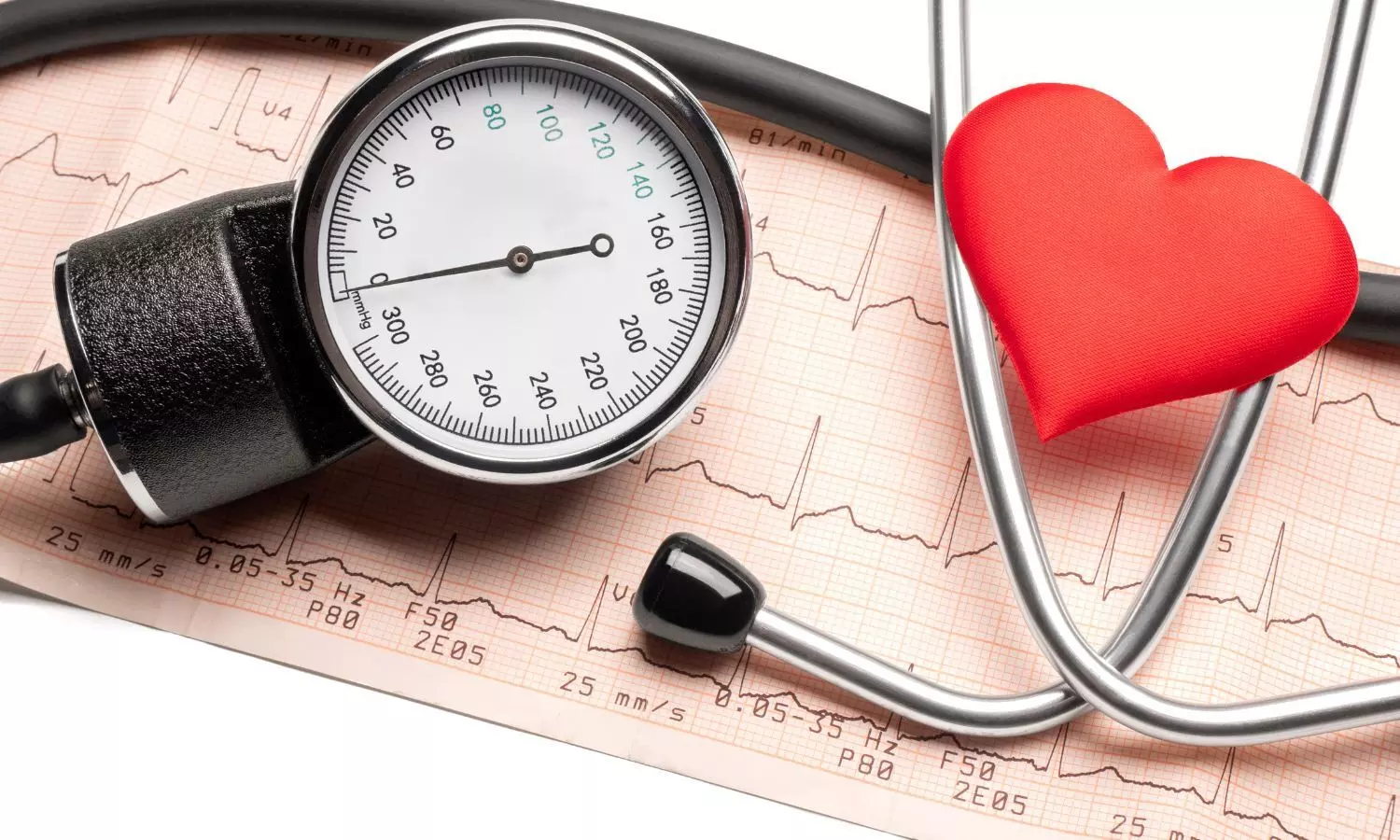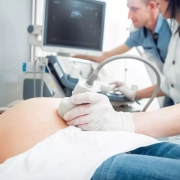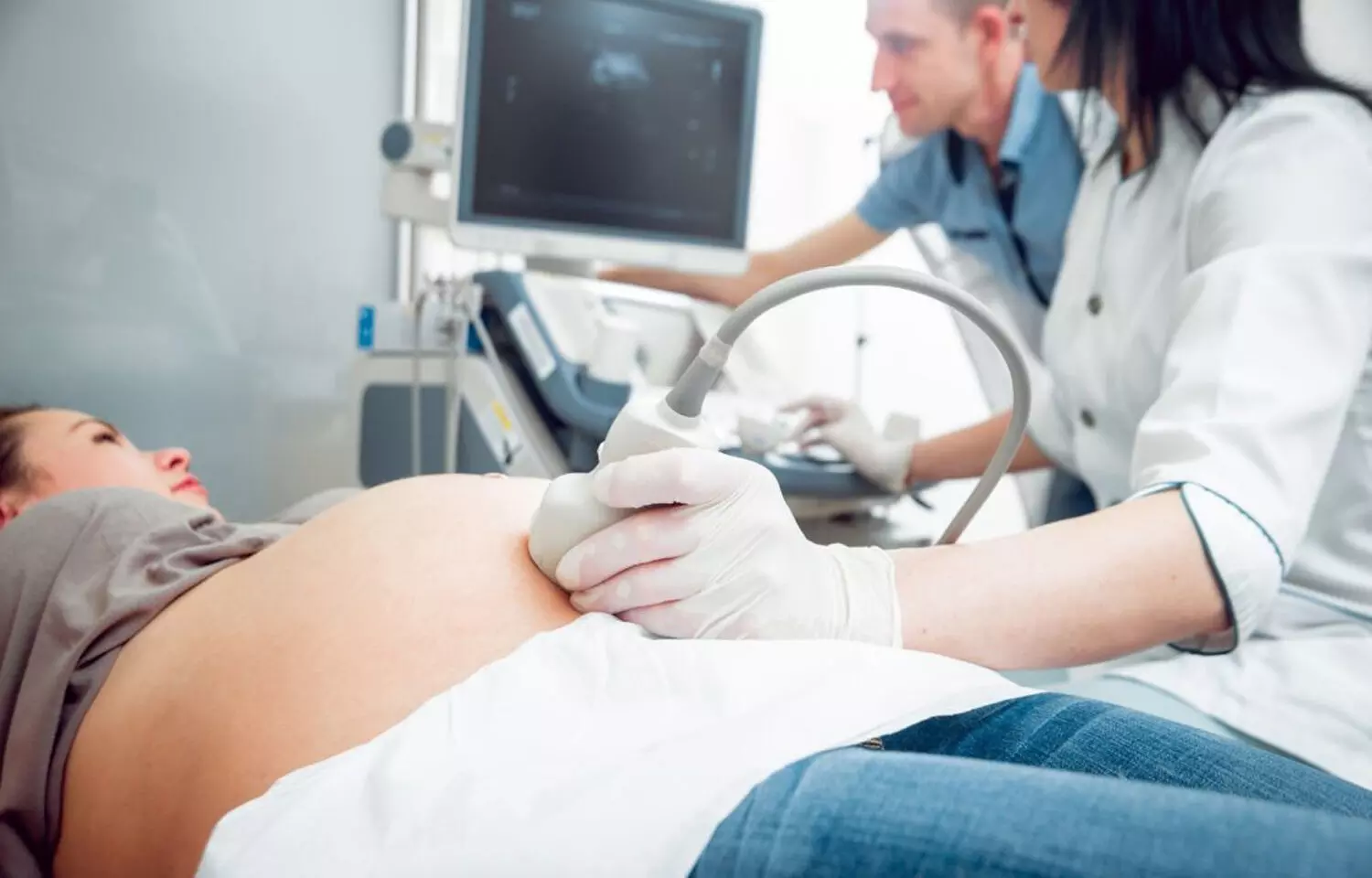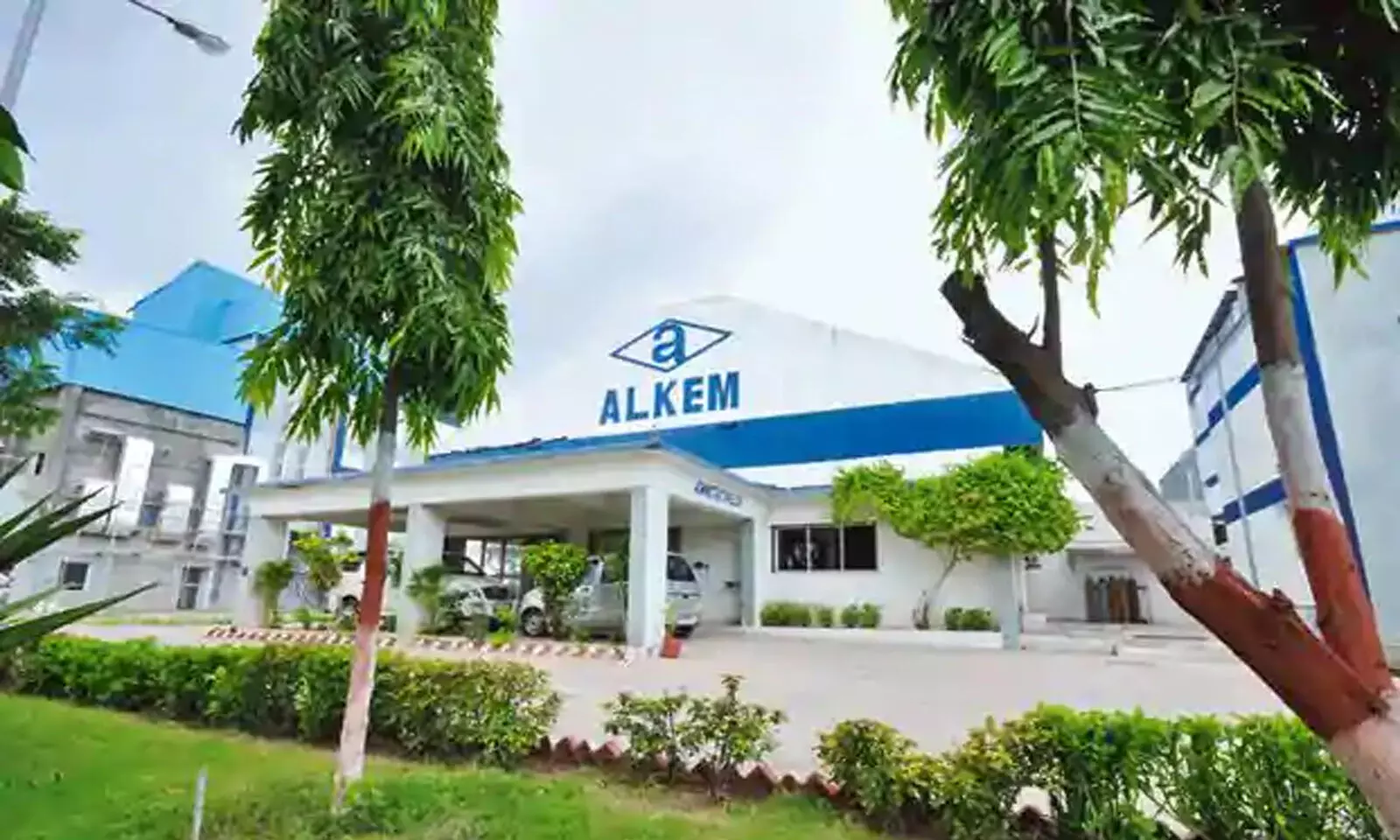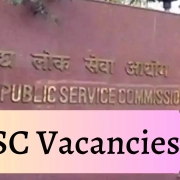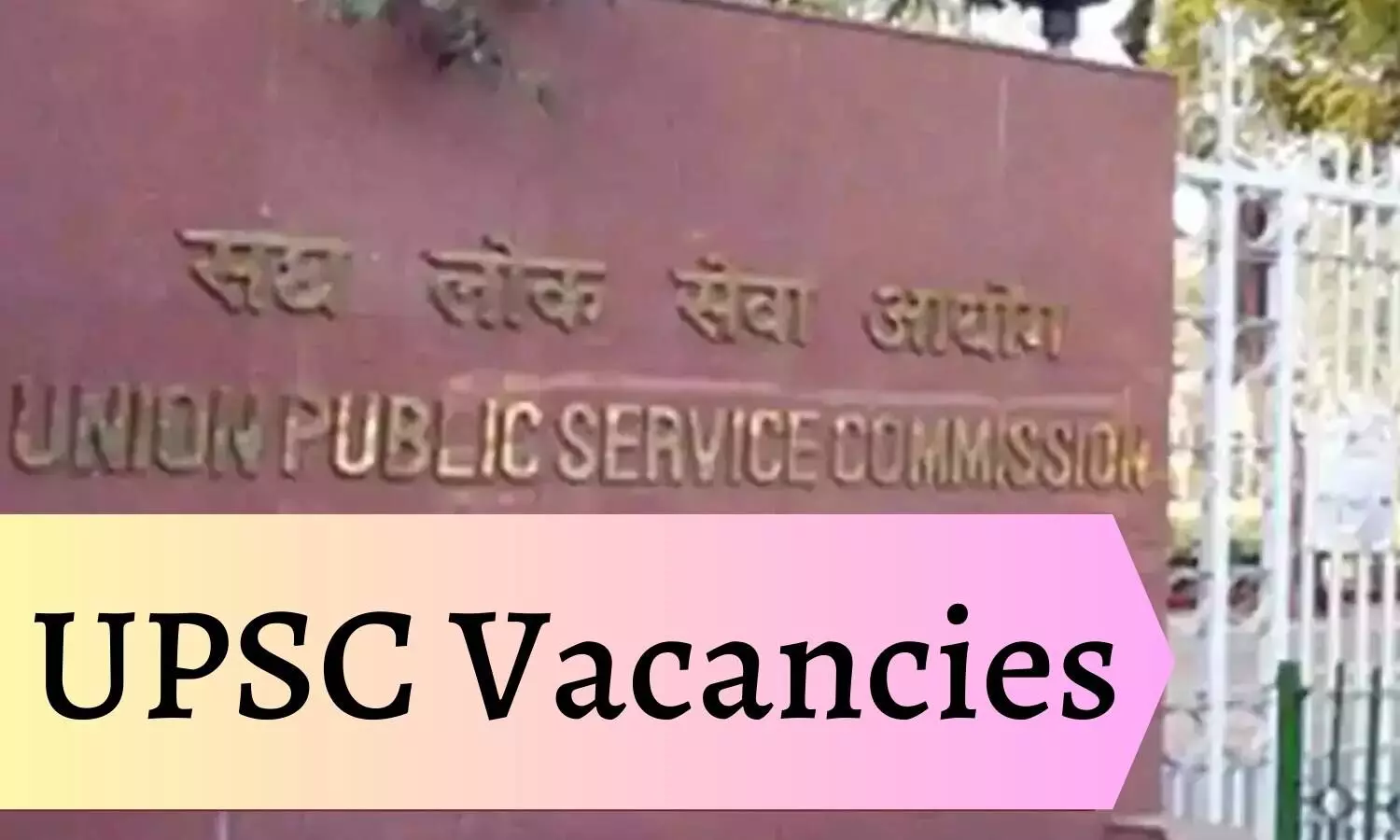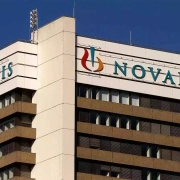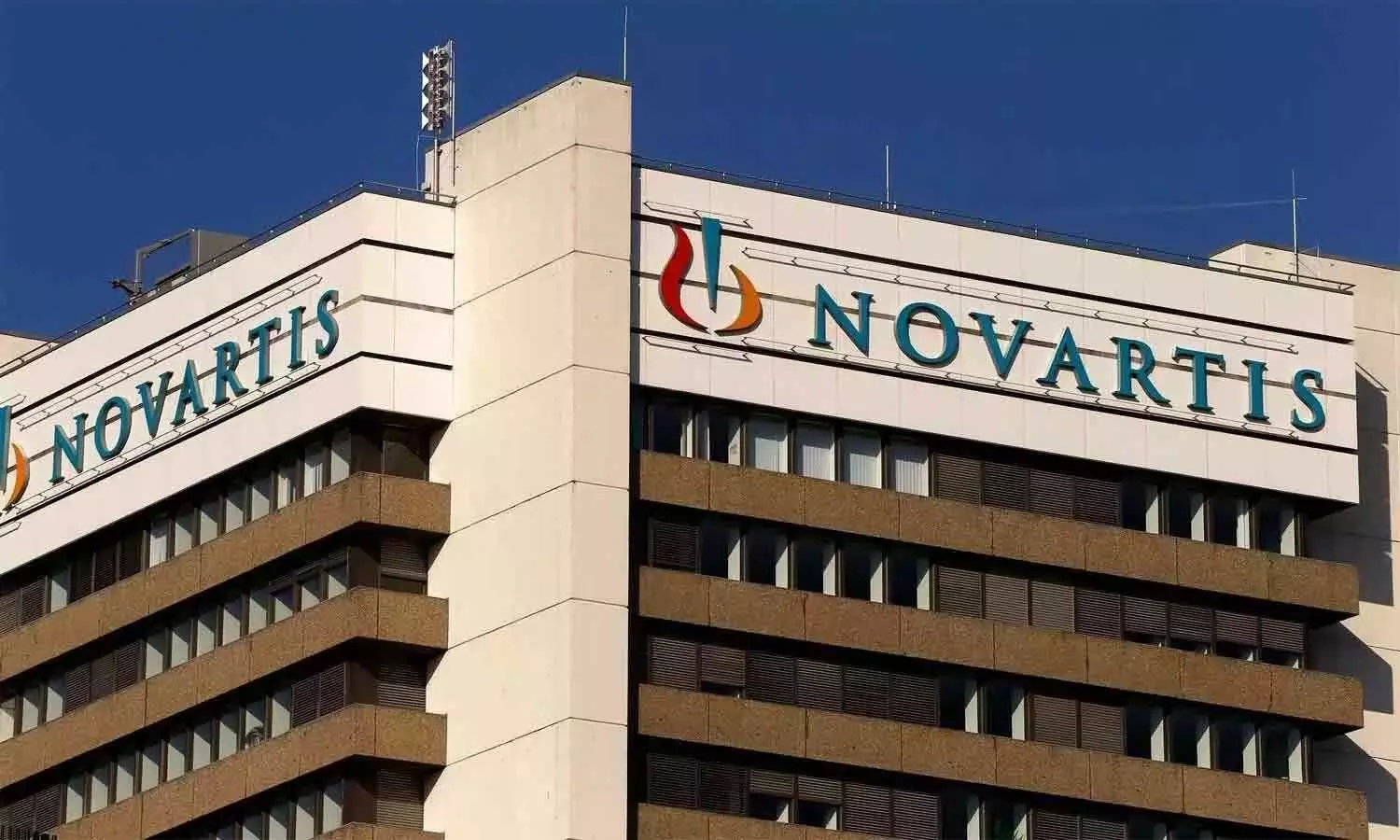
Raipur: All India Institute of Medical Sciences (AIIMS Raipur) has released the guidelines for PhD admission to be followed.
The PhD degree awarded by the Institute shall be designated as Doctor of Philosophy of the All India Institute of Medical Sciences, Raipur. The certificate shall not indicate the subject or specialty PhD Courses at AIIMS Raipur are full-time courses.
Admission to PhD courses conducted at the Institute is made once a year on merit, on an India basis by holding an entrance examination by the Institute. All vacant seats shall be advertised in national dailies in the month of February/March for the July Session which shall commence approximately from 1st July each year, the last date of joining being 31st August.
Advertisement of number of seats –
Every department should send a request regarding the number of seats to be advertised in each session. The faculty member should also indicate the number of PhD students already enrolled under him/her.
The department should also submit a list of all PhD candidates registered in the department along with the list of Chief Guide and also specify the number of candidates registered under a Chief Guide. This shall also include In-House candidates, if any.
All this information and the number of seats available in various departments will be available on the AIIMS, Raipur website.
In the departments where the full strength of students are getting admitted in postgraduate courses (MD/MS/DM/M.Ch/MPT/MPH), each individual faculty member shall be permitted to be the Chief Guide of maximum 2 PhD students at any given point of time, while in those departments where the full strength of students are not getting admitted in postgraduate courses, each individual faculty member shall be permitted to be the Chief guide of maximum 5 PhD students.
One seat shall be advertised for the In-house Candidates per department, in addition to those advertised for External candidates.
General Criteria –
Candidates holding Medical Qualifications –
Must possess a Medical degree or a Postgraduate degree in the subject concerned or equivalent qualification included in any one of the Schedules to the Indian Medical Council Act, 1956 (102 of 1956) and National Medical Commission Act, 2019 or recognized by the respective regulatory bodies. and candidates who have obtained MBBS/BDS/MD/MS/MDS degrees are eligible to apply.
Candidates holding non-medical qualifications –
1. Candidates who have obtained a Master’s Degree in any subject recognized by UGC colleges/institutes recognized by the respective regulatory bodies/UGC are eligible.
2. Candidates holding an M.Sc. degree in the Nursing speciality will also be eligible for PhD admission.
3. Candidate possessing Masters’s Degree through distance learning course shall not be eligible.
Minimum aggregate marks to be obtained in the Qualifying Degree Examination –
Candidates who have obtained their qualifying degree scoring at least 55% marks in aggregate shall be eligible to apply for the PhD entrance examination.
Criteria for candidates already holding a PhD Degree –
Candidates who already possess a PhD Degree awarded / successfully qualified in any subject by AIIMS, Raipur / any other recognized academic institution, shall not be eligible to apply for another additional PhD degree at AIIMS, Raipur
Department-specific eligibility qualifications are enclosed in the notice below.
Criteria for Financial Support –
Candidates who are holding their own fellowship from NET/CSIR/ICMR/DBT/DST/UGC as JRF etc. to undergo PhD programme. An attested copy of the result must be attached. If the candidate fails to produce proof of his/her eligibility as per the above qualification before one week of the entrance examination, his/her candidature will not be considered and the entire responsibility for the same will lie on the candidate.
Availability of AIIMS stipend will be subject to rules of the institute –
1. Proposed: Rs.3 1,000/- per month for the first three years and then 15,000/- per month for the next two years and subject to non-availability of other funding resources. No stipend will be given beyond 5 years.
2. Subject to approval of progress by the Doctoral Committee.
3. Can be used as a stop-gap between fellowships from funding agencies.
4. Cannot be availed once thesis writing permission is granted by the Doctoral Committee / if an extension is provided beyond the stipulated period.
Eligibility criteria for admission of in-service candidates –
The program among in-house candidates is for faculty members and non-teaching technical staff only. It will not be open to senior residents.
Candidates from AIIMS Raipur –
1. Members of faculty and non-teaching technical staff can apply for registration to PhD course as in-service candidates. He/She will be exempted from appearing in the entrance examination.
2. The individual should be a regular employee of the institute and should have rendered a minimum of two years of continuous service at the institute.
3. The individual should have a minimum of 10 years of active service left in the institute at the time of application.
4. The medical faculty member should have at least 3 original research publications in Indexed journals (not case reports) during the last three years immediately preceding the date of his/her application either as a first author or as a corresponding author in peer-reviewed journals.
5. The candidate will be considered as an in-service candidate provided that the Head of the Department should certify that the work of the department will not suffer and no additional staff will be asked for.
6. The candidate seeking admission under this category will have to identify a faculty member in the same department (senior to the candidate) who is willing to be the candidate’s chief guide. The candidate should submit a letter of acceptance/undertaking from the concerned faculty member in this regard.
7. A maximum of 25% of In-House candidates at a given time should be registered as PhD candidates in a particular department.
8. The candidate seeking admission under this category will only be registered for PhD in the same department in which he/she is working.
9. These guidelines will not be applicable to other staff members employed under various research schemes which are on a tenure basis as they are not AIIMS permanent employees.
10. The faculty members who have registered himself/herself will not be eligible to guide / co-guide any other PhD candidate in the Institute till he/she completes the PhD However; he/she can continue to be a guide/co-guide for existing and new MD/MS/MDS/MPT/DM/MCh./MSc candidates.
11. If the faculty member and permanent scientist registering for a PhD is already a Chief guide to other PhD candidates, he/she should surrender the guideship to the co-guide before taking up the PhD registration for himself/herself.
12. The candidate seeking admission under this category should send a brief write-up (approx 1000 words) of the proposed project including the statement of purpose with feasibility and applicability during application for the course.
13. The candidate should also give a write-up on how his obtaining the said degree shall provide immediate and long term benefit to the candidate, department, and Institute.
Deputed /sponsored candidates from other institutions –
Regarding in-service candidates on deputation at AIIMS, Raipur, the candidates will be eligible to apply and will be considered on a case-to-case basis as per relevant criteria with prior permission from the Dean (Academics).
Candidate applying for admission as a sponsored/deputed candidate is required to furnish the following certificates with his/her application from his/her employer for admission to the course –
1. That the candidate concerned is an employee of the deputing/sponsoring authority and should produce a sponsorship certificate as outlined below.
2. That no financial implications in the form of emoluments/ stipend etc. will devolve upon AIIMS, Raipur during the entire period of his/her course. Such payment will be the responsibility of the sponsoring authority.
Deputation/Sponsorship of any candidate by private hospitals, institutes or nursing homes is not accepted. The sponsoring Institute should not nominate more than one candidate for a speciality. Sponsorship/deputation of candidates will be accepted only from the following –
Candidates who are permanent employees of any Central/State Government/Armed Forces or the Public Sector Undertaking/Autonomous Body can be sponsored by the respective Government/Defence Authorities or the Competent Authorities of the PSU/Autonomous Body.
Public sector colleges affiliated to universities and recognized by the MCI/UGC. In the case of a candidate appointed/sponsored by the Govt. Medical College affiliated to Universities and recognized by the Medical Council of India, a deputation/sponsorship certificate signed by the Principal of the Medical College concerned only shall be accepted.
All eligible “sponsored” candidates will be called by the Institute for an entrance test.
Seats as shown in the prospectus are available for “sponsored” candidates. Sponsored candidates will be designated as “trainees”.
The subject for which the candidate is being sponsored should be clearly specified in the sponsorship form by the sponsoring authority. The candidate can be sponsored for only one subject. The applications of candidates sponsored for more than one subject will not be considered.
No “Sponsored” candidate will be paid any emoluments by the [institute during the training period. Such payments will be the responsibility of the sponsoring authority (i.e. Central/State Government or defense authorities).
Sponsored candidates must submit/send sponsorship certificates in original from their employers in the given format along with the application form to the Assistant Controller (Examinations), AIIMS, Tatibandh, Raipur – 492099, Chhattisgarh. Those who fail to do so should submit it before the date of issue of Admit Cards as mentioned under “AT A GLANCE” in the Prospectus failing which their candidature will be canceled.
Eligibility criteria for admission of Foreign Nationals/Overseas Citizen Of India (OCI) –
Foreign nationals must fill in the prescribed online application form indicating the choice of subject (only one subject) for admission to Postgraduate courses leading to the award of a PhD Programme degree.
The foreign nationals must send their Registration Form of Online application through the Diplomatic Channel. They are also required to appear in the Competitive Entrance Examination along with other candidates. An ‘Advance Copy’ is to be submitted at AIIMS, Raipur before the last date of online registration. However, the application of all such candidates will be processed only after receipt of the same through the Diplomatic Channel.
The foreign nationals will be considered against the seats advertised under the “Sponsored” category for PhD Programme. Candidates with medical degrees should be registered with MCI before they can join the said course if they are selected for the same.
Seats are not reserved in any discipline for foreign nationals (except the bilateral agreement between the Government of India and any other nation).
Nominations/No objection for the candidate should reach the Examination Section before the date of issue of the Admit Card. In case of non-receipt of the nominations/clearance/no objection from the concerned Ministry by the due date, their candidature will not be considered.
No emoluments will be paid by AIIMS, Raipur to the Foreign National candidates.
Overseas Citizens of India (OCI): OCI registered under Section 7A of the Citizenship Act 1955 are also eligible to appear in PG courses and all terms and conditions applicable for Indian Nationals will be applicable to the candidates. The candidate will submit proof of Registration as OCI under Section 7 A of Citizenship Act 1 95 5 to be eligible to appear for this test.
The guide will have the option to accept or not to accept the candidate, who opts to do PhD under that particular faculty member. The candidate may opt for only a specific faculty member.
Duties of PhD student –
Duties of PhD Students joining as External Candidates: It must be noted that the primary duty of the student in the department is to pursue his/her thesis work only, as a full-time candidate for fulfillment of the objectives of the degree requirement. However, as the student needs to have an overall idea of the functioning of the department, the Head of the Department at his/her discretion can assign the student different departmental / emergency duties on rotation.
Duties of PhD Students joining as In-house Candidates: It must be noted that the primary duty of the student in the department is to work as per his/her service conditions of appointment as faculty of AIIMS, Raipur. The rest of the time can be dedicated to research work towards fulfilling the objectives of PhD thesis work. However, a balance needs to be maintained between the dual responsibilities so that the quality and scope of PhD work remain up to the standards demanded by the Institute of National Importance (INI). Towards this end, the PhD guide can discuss with the Head of the Department of the PhD student to decide the modalities under exceptional situations when the responsibilities of departmental work and PhD research work overlap so that the quality and scope of PhD work are not compromised.
Duration of the course –
The duration of the course i.e. the period of registration shall be the time from the date of registration to the submission of the thesis. This shall be followed by Post-submission evaluation and award of degree. The minimum period of registration for all the candidates who are registered for a PhD shall be three years, i.e., the thesis cannot be submitted before three years. The maximum period of registration shall not exceed five years. Extension beyond the period of 5 years can be given under exceptional circumstances for a maximum period of 6 months on the recommendation of the Doctoral Committee and final approval by the Dean (Academics)/Director.
Method of selection –
Selection for PhD registration will be through a two-stage performance evaluation through a common entrance test in Medical, Nursing and Allied Health Sciences. However, an In-house candidate shall not appear in the common entrance examination.
Entrance examination –
Centre for Examination: Examination will be conducted (CBT) modes.
Scheme of Examination – MCQ Questions:90, Max. Marks:90
Performance Evaluation Selection for PhD registration will be through a two-stage performance evaluation as under –
Stage I: 40 Marks (40 MCQs of I Mark each): Aptitude-related MCQs covering English (Written and verbal skills), Biostatistics, Research Methodology, etc.
Stage Il: 50 Marks (50 MCQs of I Mark each): Subject-related theory-based Multiple Choice Questions (MCQs) mainly explore broad-based basic scientific knowledge and particularly analytical aptitude for research in the subject.
Total Marks (Stage I + II): 90 (40+50)
Total Duration (Stage I + II): 90 Minutes
Candidates must score at least 45 marks in aggregate (stages I and II combined) to be eligible for selection.
The Special Weightage of 10 marks will be added to the total score of Stages I and those who fulfill the following criteria –
Any candidate who has qualified in any one of the following entrance tests in the last 2 years and possesses valid scores: Joint CSIR-UGC NET for JRF, [CMR-JRI’, ICMR-SRF, DBT-JRF, DBT-SRF, NBHM screening test, Graduate aptitude test (GATE), INSPIRE fellowship, UGC-JRF, UGC-SRF, CSIRJRF, CSIR-SRF, DST-JRF, DST-SRF or are sponsored/deputed candidates.
Joining –
Selected candidates will be intimated through e-mail. Thereafter, it will be assumed that he/she does not intend to join the course and the seat will be offered to the next candidate on the waiting list unless a written request for up to 15 days extension is received by the competent authority who may permit an extension of joining for this additional 15 days based on merit of each case. In case the candidate fails to join by this date, it will be assumed that he/she does not intend to join the course and the seat will be offered to the next candidate on the waiting list.
The seat will ordinarily lapse for the respective session if any candidate fails to join by intimated date, as the case may be. No further correspondence will be entertained in this regard. Apart from in-house candidates, the PhD courses can be joined only as full-time courses after getting a relieving letter from the sponsoring agency.
Medical examination –
Medical fitness will be a pre-condition for the registration of all candidates. The candidates will be medically examined by a Medical Board, constituted by the Institute, to determine their medical fitness.
Fee –
India citizen – Rs 4125 (3 years duration) The detailed fee structure is enclosed in the notice below.
Foreign Nationals / Self-financed nominees/candidates and similar designations of Indian Govt -US Dollar 75,0001- inclusive of all Items mentioned in (i) above for the entire course, to be paid in three equal installments of USD 25,0001- each with a maximum gap of 1 year between payment of each installment. Permission to write the thesis shall be subject to full payment of the fees.
To view the notice, click on the link below –
https://medicaldialogues.in/pdf_upload/65968fe92077cphd-course-229415.pdf



